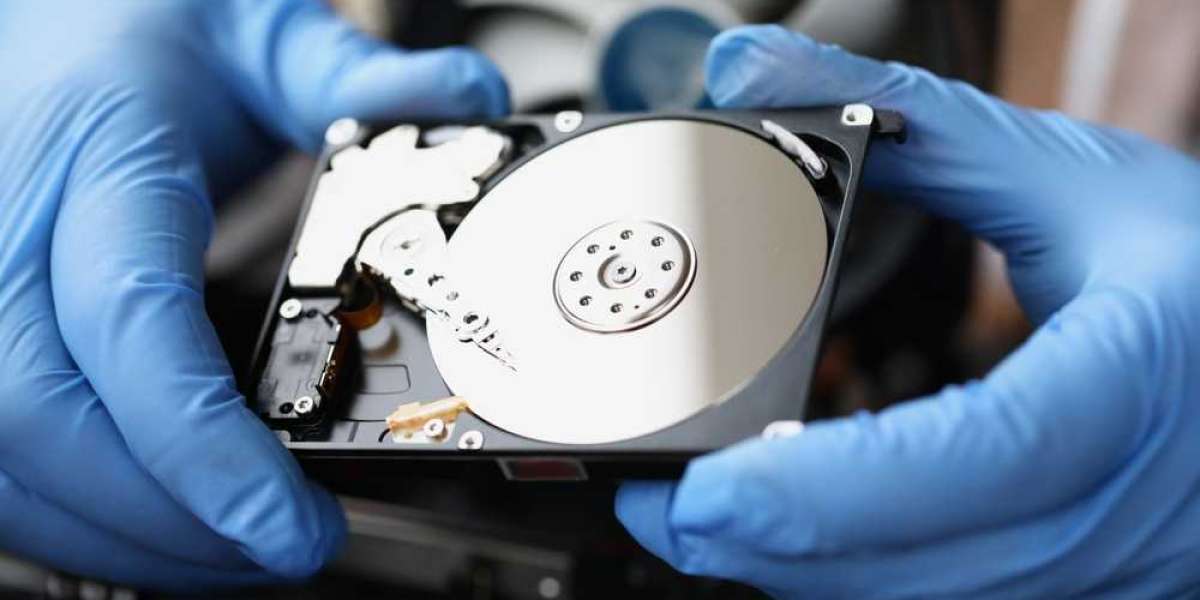A tape drive is a data storage device that uses magnetic tape as the medium to store information. It has been a staple in the data backup and archiving industry for decades due to its high capacity, durability, and cost-effectiveness. Although many modern storage solutions like cloud storage and hard drives have emerged, tape drives still hold significant relevance, especially in large-scale data storage environments.
How Tape Drives Work
Tape drives operate by reading and writing data to magnetic tape, which is stored on reels or cartridges. The data is written in a sequential manner, meaning it is stored in a continuous stream. Unlike hard drives or SSDs, which allow random access to data, tape drives require sequential reading, which can be slower but offers substantial storage capabilities. The tapes themselves can store vast amounts of data, with newer models capable of holding multiple terabytes of data per cartridge.
Advantages of Tape Drives
One of the most significant benefits of tape drives is their reliability and longevity. Magnetic tape is resistant to physical damage, making it an excellent choice for archiving critical data that needs to be preserved for extended periods. Tape drives also offer a very cost-effective solution for businesses looking to store large amounts of data without breaking the bank. As data storage requirements continue to grow, tape technology has evolved, with modern drives offering higher speeds, larger capacities, and more efficient data compression algorithms.
Tape Drive Technologies
Over the years, various tape drive technologies have been developed, each improving upon the last in terms of capacity, speed, and reliability. Some of the most commonly used technologies include LTO (Linear Tape-Open), DAT (Digital Audio Tape), and AIT (Advanced Intelligent Tape). LTO technology, in particular, is widely adopted for enterprise data backup, offering exceptional durability and large storage capacities. LTO tapes can hold up to 18 TB of data in its latest generation, with even higher storage capacities expected in the future.
Use Cases of Tape Drives
Tape drives remain a popular choice for businesses, especially those involved in industries like healthcare, finance, and media production, where large volumes of data must be stored securely for compliance purposes. They are also crucial for disaster recovery, offering a reliable offline backup solution in case of cyberattacks, system failures, or natural disasters. Despite the rise of cloud storage, many companies still prefer tape drives for their offline storage capability and the peace of mind it provides in ensuring data safety.
Conclusion
In conclusion, tape drives, despite being an older technology, continue to play a vital role in the data storage industry. Their affordability, scalability, and security make them an invaluable option for long-term data archiving and backup. As data storage needs evolve, tape drive technology is likely to remain relevant for years to come, offering businesses and individuals a reliable solution for managing their data storage requirements.








